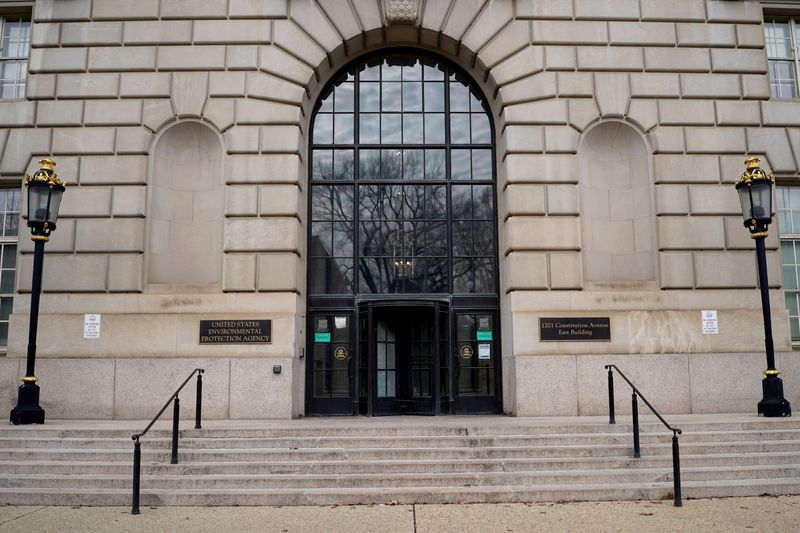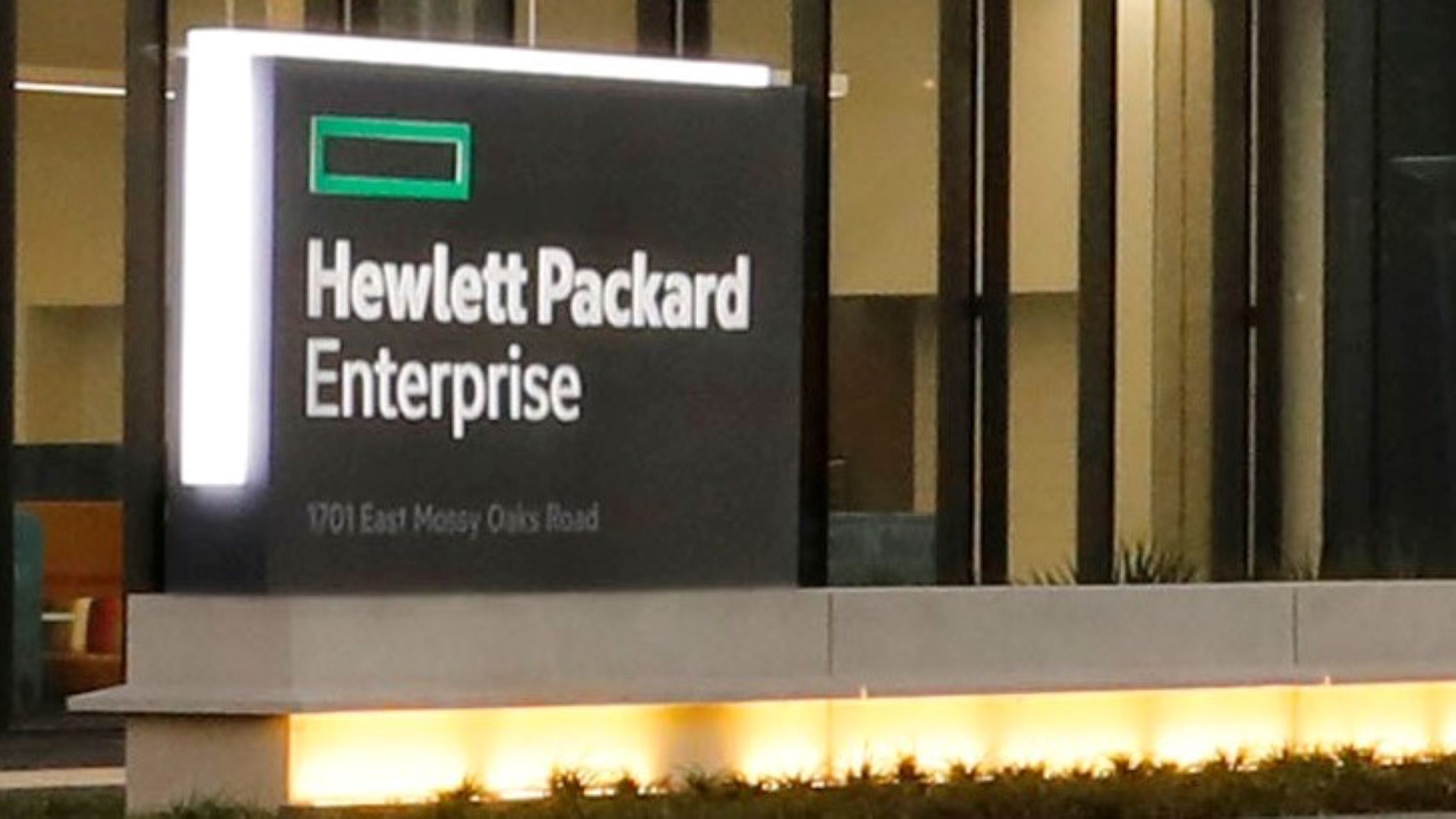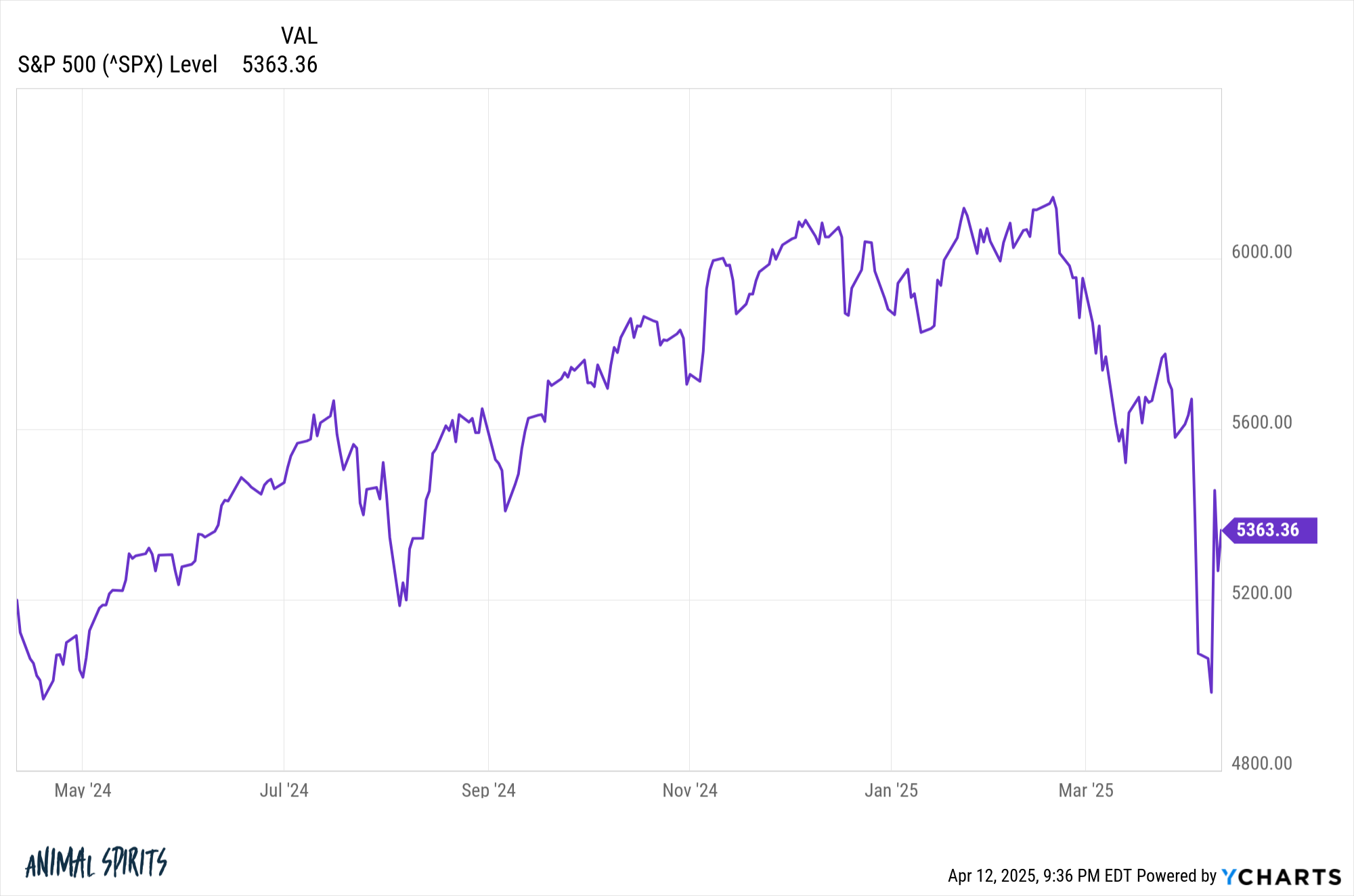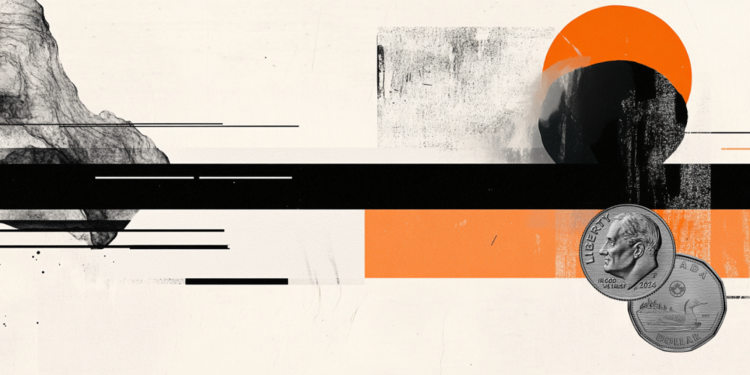3 Harsh Social Security Truths You Need to Know
There are millions of older Americans today who collect a monthly Social Security benefit. For some, that’s their only income source. But a big problem with Social Security is that a lot of people enter retirement without enough information on how the program works. And they also don’t know what to expect as far as […] The post 3 Harsh Social Security Truths You Need to Know appeared first on 24/7 Wall St..

Key Points
-
Social Security should not be your only source of retirement income.
-
Your Social Security benefits could get cut down the line.
-
You may not get to keep your Social Security benefits in full due to taxes.
-
Are you ahead, or behind on retirement? SmartAsset’s free tool can match you with a financial advisor in minutes to help you answer that today. Each advisor has been carefully vetted, and must act in your best interests. Don’t waste another minute; get started by clicking here here.(Sponsor)
There are millions of older Americans today who collect a monthly Social Security benefit. For some, that’s their only income source.
But a big problem with Social Security is that a lot of people enter retirement without enough information on how the program works. And they also don’t know what to expect as far as their benefits go.
That could lead to a situation where you’re not doing as well financially as you would’ve thought. So it’s better to go in prepared. With that in mind, here are three aspects of Social Security you need to know.
1. Your benefits probably won’t be enough to live on
Some people try to save money for retirement only to fall short due to factors like limited wages and rising expenses. But there are some people who really don’t make much of an effort to save for retirement. And a big reason boils down to an assumption that they’ll be able to manage just fine on Social Security alone.
But one thing you should know is that Social Security will not take the place of your complete pre-retirement paycheck. The most you can expect is that your monthly benefits will replace about 40% of your former earnings, and that’s assuming you earn an average salary.
Now it’s true that many people see their expenses go down when they retire. But will yours really fall by 60%? Probably not.
So for this reason, you may want to make an effort to build up a modest retirement nest egg at the very least. If not, you could end up looking at a pretty sizable pay cut.
2. Your benefits may be cut in the future
We just talked about Social Security replacing 40% of your pre-retirement wages. But that only holds true if benefits aren’t slashed universally.
Now Social Security cuts are not guaranteed. But at this point, they’re becoming more and more likely by the day as the program barrels toward insolvency and lawmakers don’t step up and take action.
The latest report by the Social Security Trustees has the program’s trust funds being depleted by 2035. So that’s when benefit cuts could happen in theory. Because of that possibility, it’s even more important to save for retirement as best as you can.
3. You may not get to keep all of your benefits
Many retirees are surprised to learn that Social Security benefits are subject to federal taxes. And what’s worse is that the income thresholds at which those taxes apply are very low.
Whether you pay taxes on Social Security in retirement or not depends on your combined income. That’s the total of 50% of your annual Social Security benefits, your adjusted gross income, and tax-free interest income you receive.
If your combined income is over $25,000 as a single tax-filer or over $32,000 as a joint tax filer, you could be taxed on your Social Security benefits, leaving you with less money each month. That may or may not be a situation you can avoid. But it’s one you can plan for — namely, by understanding how taxes on Social Security work, and by building yourself a nest egg so you have income outside of those benefits to access.
That said, being strategic with your savings might help you avoid taxes on Social Security benefits in retirement. Roth account withdrawals don’t count as taxable income, and they therefore don’t add to your combined income. So if you keep your nest egg in a Roth IRA or 401(k), and you don’t have income outside of that account plus Social Security, then you may be able to avoid taxes on benefits after all.
The post 3 Harsh Social Security Truths You Need to Know appeared first on 24/7 Wall St..
































































































































































